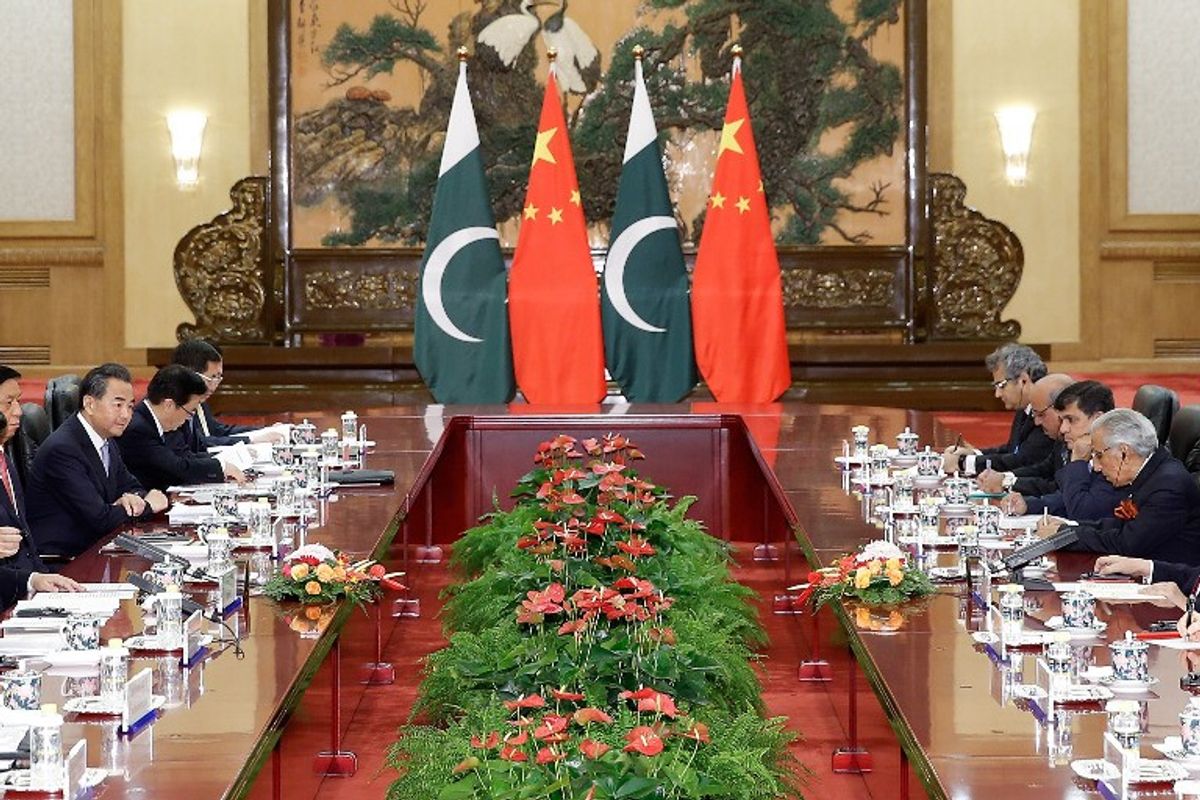Shinzo Abe is one of the most successful prime ministers in Japanese history if we measure success by longevity alone. His first term in office lasted just one year (2006-2007), but he returned triumphantly in December 2012 and has been the brand face for Japan’s revitalization ever since. The trouble is, Japan has yet to jump start its economy. It has lingered in a constant state of hanging on, not a good sign for a country four years from hosting its second Summer Olympics in over 50 years.
In late May, Abe hosted the G7 Summit at Ise-Shima. His personal approval rating after that Summit jumped to 56 percent, based largely on two facts. First, nothing bad happened at the G7. The security presence was over-the-top for a country that prides itself on peace, safety, and a low level of police or military presence (outside of U.S. forces). There were no arrests, and there was no violence.
Second, Shinzo Abe has wisely hosted U.S. President Barack Obama twice in a short period of time. Proximity to power increases power, as Abe learned walking side-by-side with Obama over Uji bridge at Japan’s spiritual center for Shinto, Ise-Jingu (Ise Grand Shrine) and sharing the dais with Obama in front of the A-Bomb Dome and before Hibakusha (A-bomb survivors).
The new Abe has learned to recognize the power of global media to shape the political narrative. Realistically, few Japanese would probably recall much from Abe’s speech in Hiroshima, but the fact that it followed Obama’s call for a world without nuclear weapons enhanced Abe’s own image. Of course, Obama’s visit to Japan did not come without controversy. At a pre-Summit evening session with the U.S. President, Prime Minister Abe expressed anger and shock at a recent alleged murder of an Okinawan woman by a U.S. military contractor. However, this expression of outrage against the Obama administration did not dampen an otherwise feel-good Summit.
This international success comes at an opportune moment in Japanese domestic politics, during which the Abe government is obsessed with upper house parliamentary elections scheduled for July 10th. Indeed, speaking with The Japan Times, the Prime Minister stated, "we [the governing Liberal Democratic Party (LDP)] will win at the polls and, by all means, the ruling bloc will secure a majority of the seats at stake. I'm obsessed with that." However, his obsession with LDP dominance is not necessarily the obsession of the Japanese people. If anything, the rising heat and humidity in Tokyo reflects increasing anger and protest similar to those seen in Tokyo during the summer of 2015. On Sunday, June 5, 40,000 people protested the Abe administration and called for his resignation ahead of the July elections. Many citizens seem to have already lost their faith in the three arrows of Abenomics: fiscal stimulus, monetary easing, and structural reforms. The worry now is what the LDP majority will mean for Japan’s image of itself as a peaceful nation.
Should the LDP win with a two-thirds majority, there is no roadblock to elimination of Article 9 in Japan’s Constitution, which states in part: "The Japanese people forever renounce war and the threat or use of force." Revising the Constitution to allow Japanese Self-Defense Forces to potentially fight side-by-side with the United States is not a high policy priority for any Japanese I know. If anything, the prospective image of a Japanese soldier’s body being repatriated to Japan from some faraway country runs counter to how the Japanese view their role in the world. This was clear at the Japan Exhibit in the International Media Center, where thousands of the world’s press worked to cover the G7 Summit. Nowhere did you see a display on Japan’s Self-Defense Forces. What you could see was Japan branding itself as a cultural super power in elegant and simple design, tradition, and refinement, coupled with the modern Japanese focus on new technologies such as robotics, driverless and fuel-efficient automobiles, and fast, safe public transportation.
On the issue of economic reform, many of Abe’s detractors take the Prime Minister’s postponement of an unpopular sales tax increase to October 2019 (when he will no longer be in office) as a sign that Abenomics has failed. The Abe government’s planned economic bookends, namely Abenomics and Womenomics, never had sure footing. The sloganeering caught the world's attention, but monetary easing alone has not jumpstarted Japan's economy, and fiscal stimulus and structural reform have been slow to come.
At least in the short term, the Japanese people continue to enjoy the pleasant hangover of the G7. However, a deeper analysis looks less rosy. Despite opposition on the security issue, the LDP will most likely win big in July. But the second postponement of a much-needed tax hike is a clear sign that the most important “arrow” of Abenomics, structural reform, has lost momentum. For the time being, Abe has managed to bolster his political support and postpone a painful rate hike, but that economic pain is surely inevitable. If Abenomics has failed, what next?












